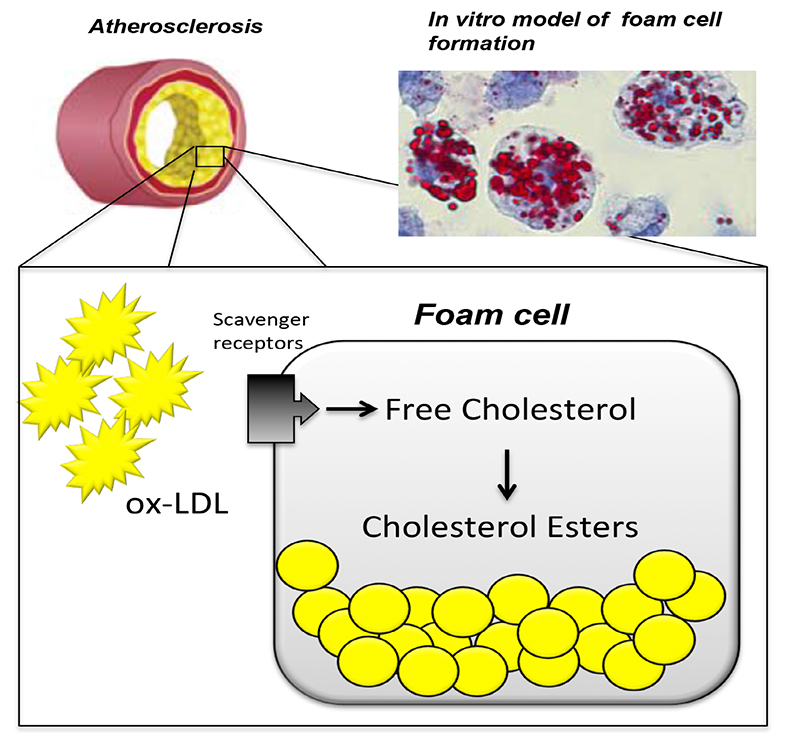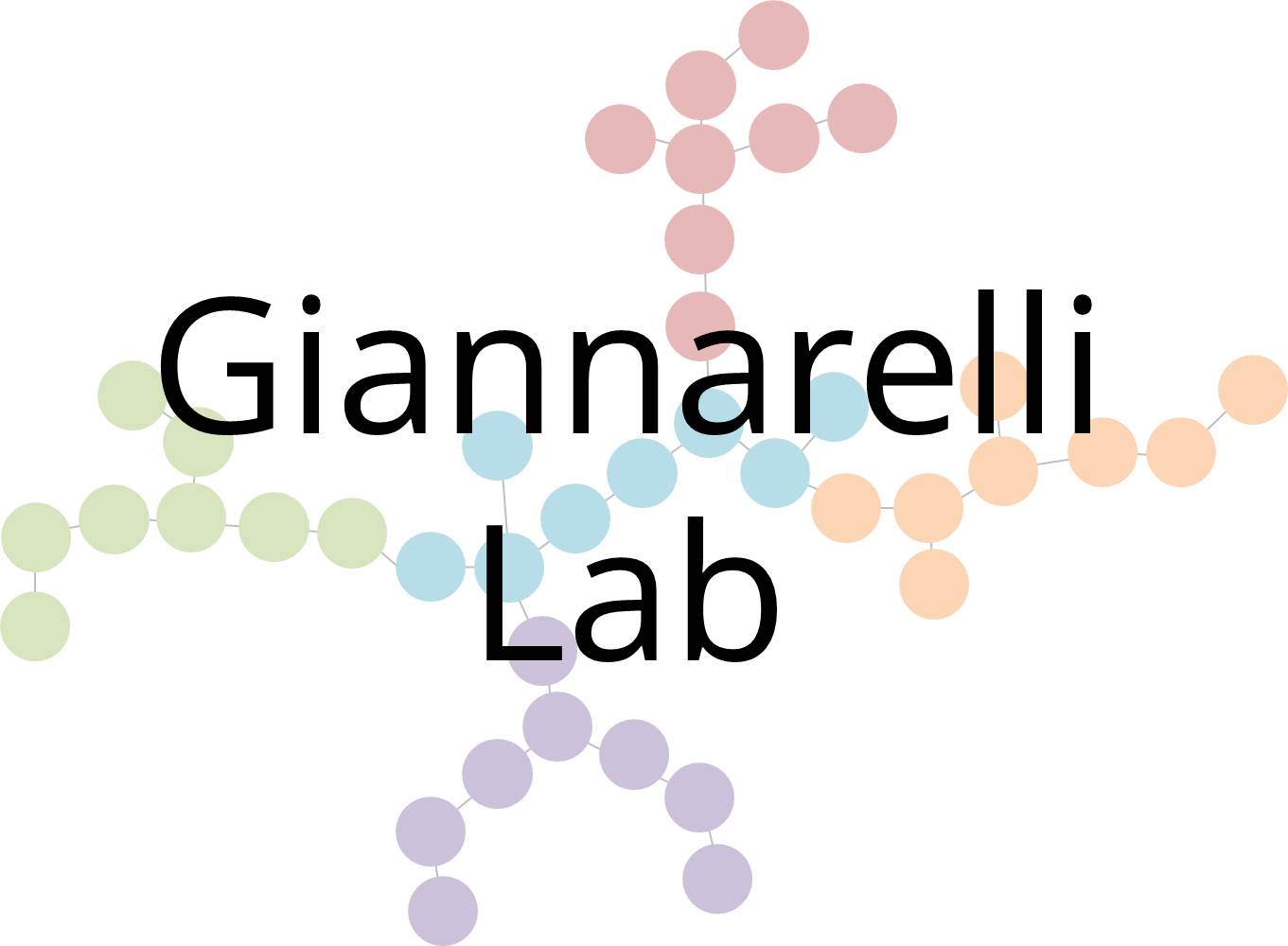Projects and Grants
DISSECTING THE CELLULAR AND MOLECULAR IMMUNE INTERACTIONS IN HUMAN ATHEROSCLEROSIS
We use a multi-tissue, systems biology approach to infer arterial wall- and blood-specific immune networks that govern the immune response at different stages of human atherosclerosis. The use of systems biology that integrate cutting-edge technologies like CyTOF mass-cytometry, RNA-seq, CITE-Seq and shot-gun proteomics to measure immune cell variation in human samples will deepen our knowledge of the contribution of the immune system to cardiovascular and set the stage to the selection of molecular targets for novel anti-inflammatory therapies.
DRUG REPURPOSING: We are currently working on two projects.
SINGLE-CELL-DRIVEN DRUG REPOSITIONING APPROACHES TO TARGET INFLAMMATION IN ATHEROSCLEROSIS
The goal of this study is to rigorously validate the pre-clinical efficacy of phase 2a-ready test compound identified using systems biology and computational drug repurposing analyses with the goal of translating the findings into human clinical trial.
 NETWORK-DRIVEN DRUG REPURPOSING APPROACHES TO TREAT CORONARY ARTERY DISEASE
NETWORK-DRIVEN DRUG REPURPOSING APPROACHES TO TREAT CORONARY ARTERY DISEASE
Systems genetics is a new approach that models molecular dysfunctions of complex traits like CAD in the form of regulatory gene networks (RGNs). Combined with network-driven computational approaches to re-purpose existing drugs targeting networks in complex diseases, systems genetics can speed up the discovery of powerful strategies to treat CAD. We are rigorously validating the pre-clinical efficacy of either FDA approved or phase 2a-ready test compound(s), with the goal of translating the findings into human clinical trials. We use translational non-invasive imaging modalities to measure the efficacy of candidate compounds targeting RGNs in large animal models of atherosclerosis for the translation of our findings to clinical trials.
UNDERSTANDING CORONARY ARTERY DISEASE (CAD GENOMICS)
The goal is to use the GWAS results as a starting point, together with evidence at the molecular, cellular, and tissue level, to examine the underlying functional biology of the cardiovascular disease pathways in which they are involved. Junior scientists work alongside experienced investigators in each participating institution, promoting further research in this exciting and fast-moving field.
ROLE OF ANGIOGENESIS IN ATHEROSCLEROSIS
This project outlines a novel paradigm of atherosclerosis as an angiogenic-dependent disease in which neovascularization of plaque is intimately involved. Elucidating the role pro-angiogenic factors and identifying novel pathway(s) relevant for neovascularization in human atherosclerotic disease could yield the discovery of novel biomarkers and therapeutic targets of plaque instability leading to clinical events.
GRANTS
R03HL135289
NIH-NHLBI
PI: Chiara Giannarelli
UH2 TR002067-01
NIH/NCATS
R21TR001739
MPI: Chiara Giannarelli (contact); Johan Bjorkegren
LEDUCQ Transatlantic networks of Excellence Program
Sinai PI: Bjorkegren, Schadt; MPI: Schunkert-Lusis. Giannarelli: co-Investigator
K23HL111339
NIH-NHLBI
PI: Chiara Giannarelli
